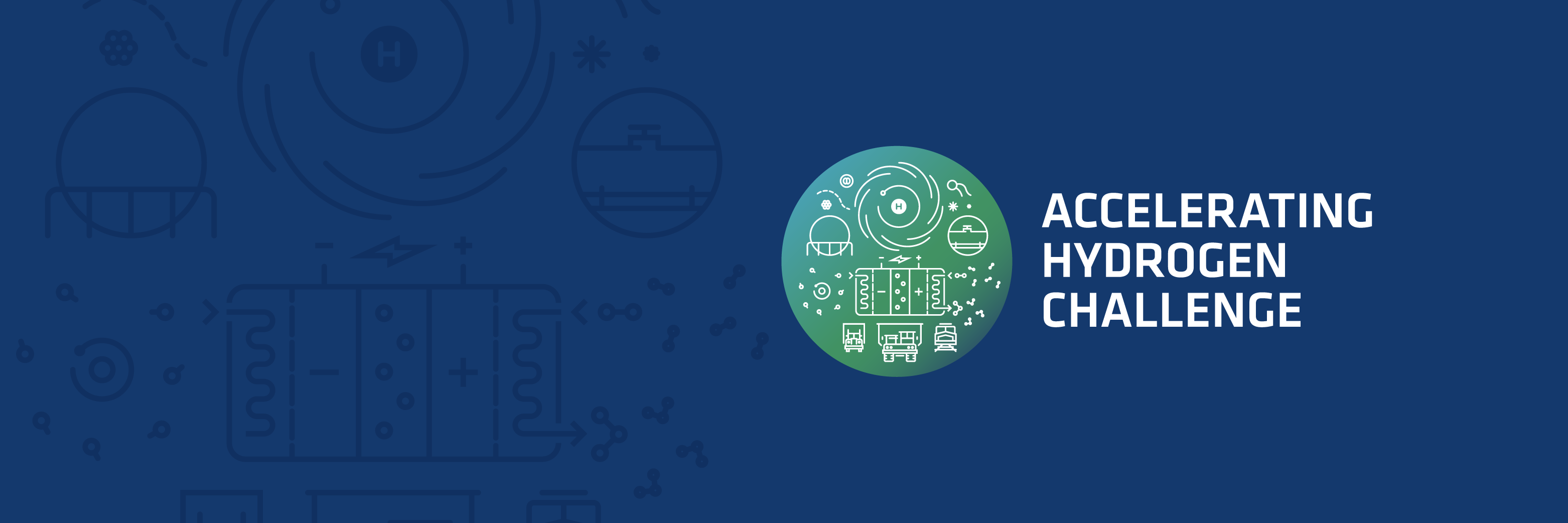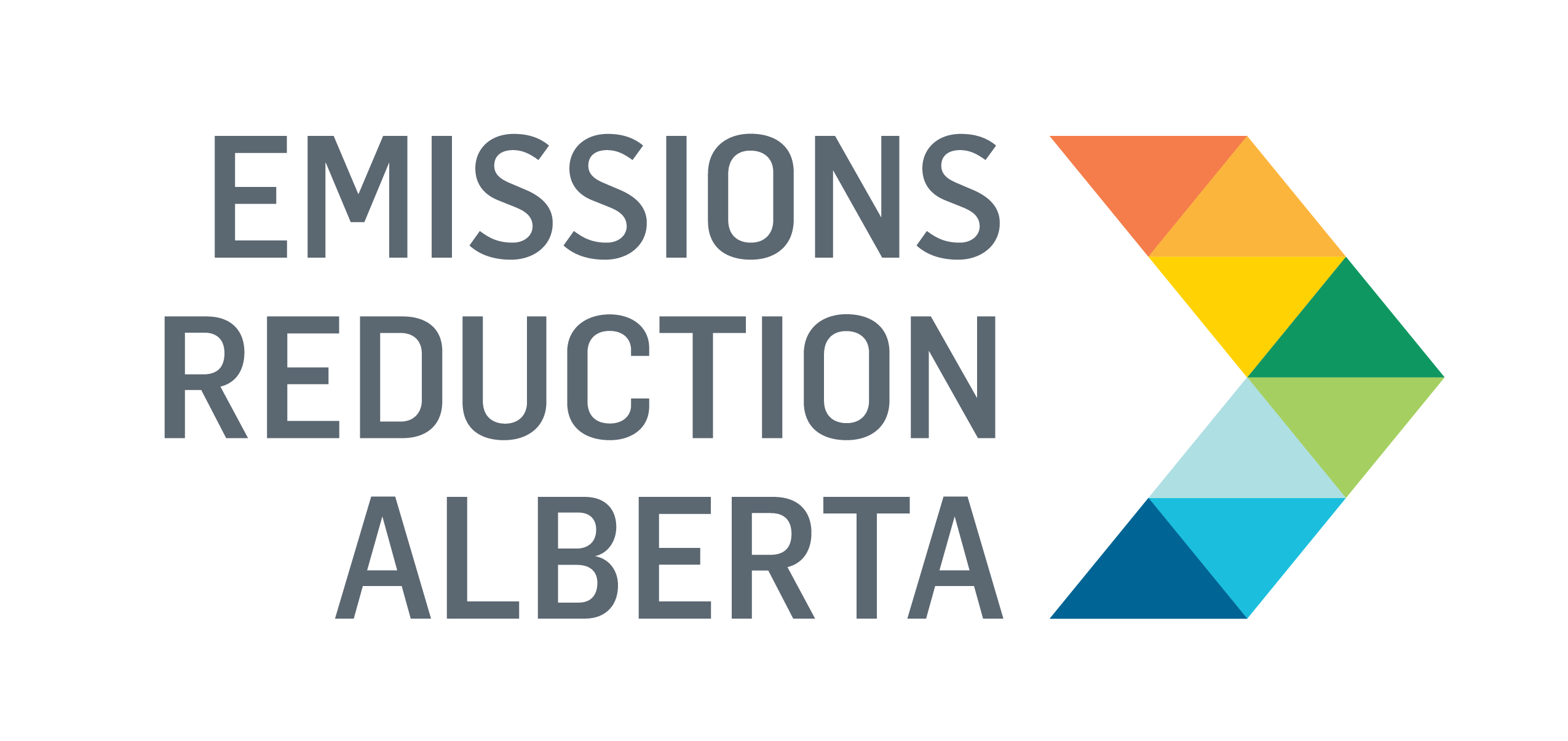
ALBERTA ANNOUNCES ALMOST $60 MILLION TO ACCELERATE HYDROGEN TECHNOLOGIES IN ALBERTA
The Government of Alberta, through Emissions Reduction Alberta (ERA) and Alberta Innovates, is committing $57 million in technology and innovation funding for 28 projects to advance a hydrogen economy, reduce emissions, and create jobs in Alberta. Projects cover the spectrum of hydrogen production, storage, transmission, distribution and usage.
ERA, with funding from the Government of Alberta’s Technology Innovation and Emissions Reduction (TIER) fund, is committing $34.5 million for eight late-stage projects worth approximately $162 million through its Accelerating Hydrogen Challenge. Alberta Innovates is committing $22.5 million for 20 early-stage projects worth approximately $118.8 million through the Hydrogen Centre of Excellence – Competition 2.
Funded projects include everything from installing hydrogen refueling infrastructure; testing a variety hydrogen-powered vehicles, equipment, and appliances; advancing retrofit kits for diesel engines; providing heat and power to a municipal recreation centre; and more.
THE FOLLOWING PROJECTS WERE SELECTED FOR FUNDING:
Certarus
ERA Funding: $1,200,000 | Project Cost: $3,600,000
Scale-up and deploy hydrogen storage, compression, and blending equipment at an existing compressed natural gas hub.
City of Calgary
ERA Funding: $2,200,000 | Project Cost: $4,400,000
Pilot the implementation and testing of hydrogen vehicles and equipment to determine suitability and incorporation.
City of Edmonton
ERA Funding: $6,900,000 | Project Cost: $28,100,000
Demonstrate a methanol-to-hydrogen fueling system while integrating two hydrogen vehicle technologies to test fueling and vehicle performance.
Diesel Tech Industries
ERA Funding: $2,000,000 | Project Cost: $3,000,000
Advancing retrofit kits for diesel engines, allowing for the co-combustion of both diesel fuel and hydrogen gas.
Linde Canada
ERA Funding: $7,000,000 | Project Cost: $64,400,000
Install hydrogen production, distribution, and refueling infrastructure in Edmonton and Fort Saskatchewan to supply hydrogen for fleet vehicles.
NuVista Energy
ERA Funding: $7,000,000 | Project Cost: $40,000,000
Demonstrate a pulsed-methane pyrolysis (PMP) technology to produce low-carbon hydrogen and a solid carbon byproduct.
Strathcona County
ERA Funding: $5,000,000 | Project Cost: $11,200,000
Install a hydrogen-fueled combined heat and power (CHP) system to provide heat and power at the Millennium Place Recreation Centre.
Thiozen Inc.
ERA Funding: $3,200,000 | Project Cost: $6,500,000
Produce hydrogen from hydrogen sulfide waste streams derived from sour gas and test at NuVista’s Wembley Gas Plant.
APPROVAL PROCESS
Projects were selected through ERA’s competitive review process. A team of experts in science, engineering, business development, commercialization, financing, and greenhouse gas quantification conducted an independent, rigorous, transparent review overseen by a Fairness Monitor. ERA’s Board of Directors made the final funding decision based on the recommendation of these experts.
PROJECT LOCATION
All projects demonstrate a clear and justified value proposition for reducing GHG emissions or enable the transition to a carbon neutral economy in Alberta. Technology solutions will be demonstrated or implemented in Alberta.
KNOWLEDGE SHARING
All ERA funding recipients are required to produce a final outcomes report that is shared publicly for the broader benefit of Alberta. Funding recipients will be required to report on project outcomes, achievements, and lessons learned including GHG reductions, job creation, and other environmental, economic, and social benefits.
STAGE OF DEVELOPMENT
Projects will advance technology to the stages of field pilot, demonstration, or first-of-kind commercial implementation by project completion, as described below:
- Field Pilot: At this stage, the solution is ready to be field tested in an operational environment. Projects in this category include in-field testing of pilot/prototype units.
- Demonstration: At this stage of development, the technology or innovation is approaching the final commercial product and representative systems have been built. Projects in this category include demonstration of near- or full-commercial-scale systems in an operational environment.
- First-of-Kind Implementation: At this stage, the technology is ready for first-of-kind commercial deployment. Projects in this category will involve design, construction, and operation of the technology in its final commercial form, with the intent to operate the technology for its full commercial life.
In addition to the above requirement, ERA’s Accelerating Hydrogen Challenge was only open to projects starting at a technology readiness level (TRL) of 7 or greater. Thus, all projects must have previously completed, at minimum, some Field Testing/Pilot activities as described above. Opportunities that are assessed by ERA and Alberta Innovates to begin at TRL 6 or below were referred to the parallel HCOE Competition 2 for consideration.
ABOUT THE CALL
Alberta’s abundant natural gas and renewable electricity resources make the province one of the world’s lowest-cost producers of hydrogen, a clean energy carrier that produces no greenhouse gas (GHG) emissions. The Accelerating Hydrogen Challenge investment will build a strong pipeline of hydrogen technologies across the province’s value chain including hydrogen production, storage, transmission, and end-use.
Successful applicants were eligible for up to $7 million with a minimum request of $250,000. The maximum ERA contribution to a single project will be no more than 50 per cent of the project’s eligible expenses.
Proposals were invited for technology solutions in all areas of the hydrogen value chain, including hydrogen production, transportation, storage, end use, and enablers. Click the links below for more details:
- Call for Expressions of Interest Guidelines
- Eligible Expense and Cost Instructions
- Privacy, Confidentiality, Data, and Security Policy
- Frequently Asked Questions
- Learn more about AI’s Advancing Hydrogen – Competition 2
Innovators, technology developers, municipalities, Indigenous-led organizations, associations, research and development organizations, universities, not-for-profit organizations, and others were invited to apply. Collaboration between multiple organizations was encouraged. Applicants were also encouraged to partner with Alberta’s post-secondary and research institutions, Indigenous communities, and municipalities where appropriate.
Projects of interest included, but were not limited to:
- Low-carbon hydrogen production
- Next-generation solutions for producing hydrogen from methane
- Electrolytic production of hydrogen from water and clean electricity
- Other emerging alternative hydrogen production pathways including photolytic hydrogen, bio-hydrogen, etc.
- Novel hydrogen infrastructure
- Hydrogen pipeline technologies including coatings and treatments
- Novel hydrogen storage
- Hydrogen distribution and delivery solutions
- Hydrogen safety and infrastructure enablers
- Hydrogen districts, clusters, and similar
- Novel hydrogen carriers
- Liquid carriers such as ammonia, methanol, or synthetic fuels
- Metal-organic frameworks and similar
- Power-to-gas and other hydrogen-based energy storage solutions
- Hydrogen in industry
- Substitution of low-emissions hydrogen as an industrial feedstock, chemical input, or fuel
- Hydrogen fuel cells and turbines for production of power and/or heat for commercial or industrial applications
- Hydrogen in transportation
- Novel hydrogen fueling infrastructure
- Hydrogen-fueled heavy-duty vehicles and equipment (transit, freight, services, mining, construction, agriculture, etc.)
- Hydrogen for rail and aviation
ABOUT EMISSIONS REDUCTION ALBERTA (ERA):
Since established in 2009, ERA has committed nearly $935 million toward 267 projects worth $8.8 billion that are helping to reduce GHGs, create competitive industries and are leading to new business opportunities in Alberta. These projects are estimated to deliver cumulative GHG reductions of 42.5 million tonnes by 2030 and 117.6 million tonnes by 2050.
ABOUT TECHNOLOGY INNOVATION AND EMISSIONS REDUCTION REGULATION
The Technology Innovation Emissions Reduction (TIER) regulation is at the core of emissions management in Alberta. TIER implements Alberta’s industrial carbon pricing and emissions trading system. TIER is an improved system to help industrial facilities find innovative ways to reduce emissions and invest in clean technology to stay competitive and save money.
